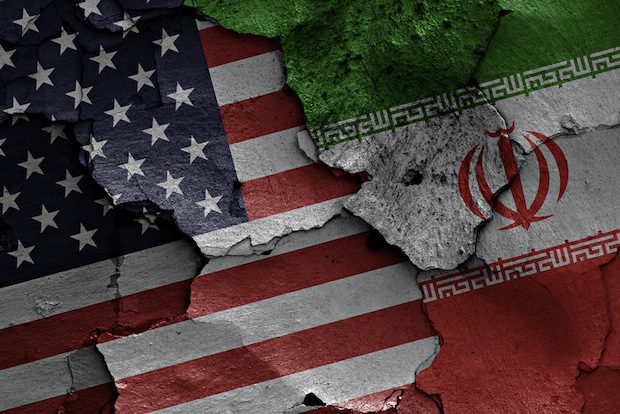The Trouble with Mattis

Noah Millman is impressed by the Mattis choice. He counters my concern about Mattis’ hawkishness:
The key question is not whether Mattis sees an opportunity for rapprochement with Iran but whether he is going to be actively looking for ways to get into conflict with them, or, worse, advocating policies aimed at regime change. I don’t think he is — and that fact is enormously important, because there will be other people advising Trump who will want to get into such a conflict, including his likely Secretary of State (whoever that turns out to be).
Millman is right that Mattis is by far the most competent and qualified nominee put forward by Trump up to this point, and it’s also true that he is preferable to any of the other names mentioned for the position. I would be even more alarmed by the nomination of a Jon Kyl or Tom Cotton to this office. The flip side of worrying about civilian control of the military is remembering that military officers tend to be less cavalier in their willingness to send American forces into harm’s way than their civilian counterparts. We have had decades of civilians at the Pentagon that never saw a war they didn’t want to fight, so maybe having a former general and veteran of some of our unending wars will help to correct that failing. That’s as much of a silver lining as I can see.
That said, I am inclined to agree with Andrew Bacevich’s assessment of Trump’s fondness for appointing generals from wars that the U.S. hasn’t won and doesn’t know how to win:
Yet President Trump is also likely to double down on the use of conventional military force. In that regard, his promise to “quickly and decisively bomb the hell out of ISIS” offers a hint of what is to come. His appointment of the uber-hawkish Lieutenant General Michael Flynn as his national security adviser and his rumored selection of retired Marine Corps General James (“Mad Dog”) Mattis as defense secretary suggest that he means what he says. In sum, a Trump administration seems unlikely to reexamine the conviction that the problems roiling the Greater Middle East will someday, somehow yield to a U.S.-imposed military solution. Indeed, in the face of massive evidence to the contrary, that conviction will deepen, with genuinely ironic implications for the Trump presidency.
The problem here isn’t that Mattis is a bad choice for running our endless wars in the Near East compared to the alternatives, but that choosing him confirms that those wars are going to continue for the foreseeable future and new ones might be started. One problem I see with Mattis’ preoccupation with Iran is that it means that alarmist claims about Iran from other members of the ad ministration aren’t going to be countered by a more realistic assessment of the threat that Iran poses. Mattis is on record saying that Iran is the “the single most enduring threat to stability and peace in the Middle East” and has asserted that “Iran is not an enemy of ISIS.” The first claim is very questionable in light of the destabilizing behavior of the Saudis and their GCC allies, and the second is plainly false.
As it regards U.S. involvement in conflicts in the region, Mattis seems pretty clearly to be in favor of a more aggressive approach than the one Obama has had. As Secretary of Defense, he will be in a very influential position to put that preference into practice. He may well be the best nominee Trump has chosen, but that frankly isn’t saying much, and it doesn’t mean that we should be glad about what the choice seems to imply for U.S. foreign policy.
Comments